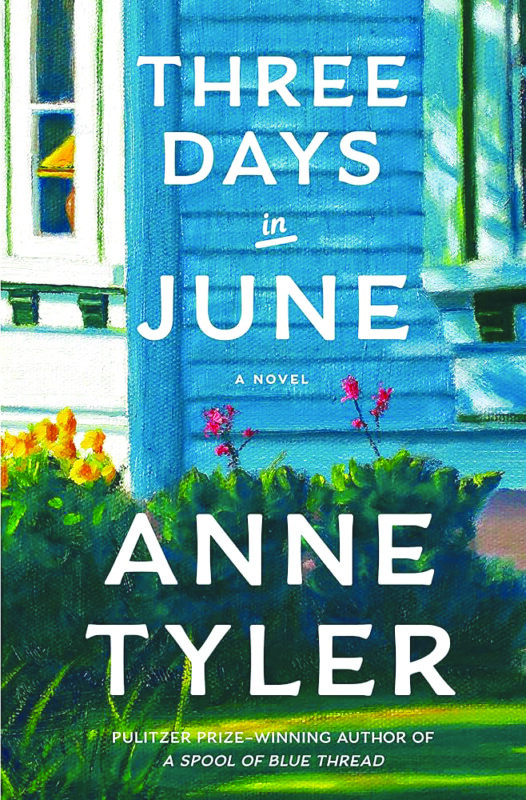Anika, Abyss (Sacred Bones Records)
Since the assimilation of punk, New Wave, et al. by the corporate Matrix (it happens every time), rock and rebellion have been business partners more than any sort of combined force for socioeconomic or culturally equalitarian progress. You can quote me on that, but chances are that you’re already well aware of it; most of the tuneage that lands on this desk (from white-kid bands especially, let’s note) has no idea that “the system” is their real problem, not their awkwardness or generational malaise. Yet they persist, for the most part, but once in a while a record does bumble in here that evokes memories of artists who seriously wanted to break stuff rather than resign themselves to forlorn inevitability. This British-born, Berlin-based singer channels Patti Smith more succinctly than anyone I’ve heard recently; she actually wants people to direct their energies toward creating “safe spaces” where people can vent and collaborate on ideas for better living in an unlivable world. The tunes are rough and jangly and decidedly punky; she comes off like a ’90s-grunge Grace Slick with no-wave sensibilities. I hope she keeps sticking to this formula, put it that way. A+
The South Hill Experiment, Earthbreaks
Brothers Baird and Gabe Acheson left Baltimore for Los Angeles several years ago and the move is finally paying off: “Open Ocean,” the single from this, their band’s third full-length, hit No. 1 at KCRW, the seminal Santa Monica NPR affiliate. This is decidedly DIY stuff, probably recorded in their bedrooms, which afforded them the opportunity to experiment, as heard in album opener “Rifting,” built around backward-masked percussion and gentle vocals that have the reverb set to 11 (it’s not shoegaze, just to clarify, it’s a lot more experimental than that: Think early Luke Temple or a more technologically adventurous Gorillaz). But things change quickly here, with “Maybe It Takes Time” borrowing its bubbly ’70s-radio-pop undergirding from Michael McDonald, and then we have the focus track, “Open Ocean,” a deep-house-adjacent dance-along combining Atlas Sound with Jamie Lidell. This is all to say that it’s definitely worth investigating, I assure you. A
Playlist
• Feb. 28 is a Friday, which means new albums will be released en masse! Now, one thing we Professional Music Journalists always have to remember is that not every band with “Bear” in its name sounds the same, even if OK, they basically do. It’s sort of like bands that have “Deer” in their names: Deerhoof and Deer Tick are both supremely boring indie bands, but my mnemonics go like this: “Deerhoof helps me fall asleep faster than Deer Tick when I’m stressed,” or “Don’t even bother trying to name a Deer Tick song, because even their fans don’t remember any of them.” You see? But I digress, which I can do because it’s my multiple-award-winning column, so let’s get back to the “bear” thing. I liked Grizzly Bear, but only because I didn’t really hate them; they can indeed be borderline interesting with their skronky noise approach, and Minus The Bear was a great prog band but for some reason no one cared about them or their potluck formula of Rush-meets-Jackson Browne, so they broke up, and it made me sad. But the really sad news is that for the purposes of this week’s column I have to pretend I know who Panda Bear even is if I ever hope to win another award, let’s go have a look, because their new album, Sinister Grift, is coming out this Friday! Oh, OK, Panda Bear is what Noah Benjamin Lennox calls himself, in order to get dates with awkward college girls just like all the other indie rock bros. Lennox is co-founder of Animal Collective, a band that was relevant during the Aughts when college radio stations nationwide became hypnotized by their use of “fractal” music patterns, back before Nels Cline of Wilco invented the fractal riff to “Love Is Everywhere,” which was so cool that it instantly made people forget who Animal Collective even is (what took you people so long?). Anyway, at first, the “Defense” single sounds like a Hank Williams Jr. song about sitting in a Dumpster drinking Jagermeister, which would be cool, but then it turns into a really boring mess, something you could tell your little brother was considered too stupid to be added to the Napoleon Dynamite soundtrack and he’d totally believe you.
• Brooklyn R&B singer Jonathan Josiah Wise is more famously known as Serpentwithfeet, and since we were just talking about Grizzly Bear, his Wikipedia page says that he opened for them for a while. Boy, this Wiki page may be the most boring one I’ve ever seen — blah blah blah, his mom forced him to join a boys choir, he worked with a producer who worked with Bjork, yadda yadda. Whatevs, his new album is Grip Sequel, featuring the single “Writhing In The Wind.” The beat is kind of cool, like Blue Man Group doofing around with Aphex Twin, and Wise is singing like Keith Sweat. Is that what all the children are listening to now, I simply must know.
• Andy Bell used to play bass for famous indie-pop band Oasis, but now he is on his own because everyone in Oasis hates each other. Pinball Wanderer is his latest “opus,” and the single “I’m In Love…” is very neat because it sounds exactly like Wire circa Change Becomes Us, except there are girls singing. I endorse it.
• Lastly it’s British metalcore band Architects, whose new album The Sky The Earth & All Between is on its way to your eardrums if that’s the sort of thing you enjoy doing to yourself. This is pretty loony stuff, reminiscent of Dillinger Escape Plan and such, but with occasional Cannibal Corpse vocalizing. What does that mean? It means that their listening experience is lightning-fast and scary, but one of the things chasing you is the Cookie Monster, and he really wants your tasty, tasty cookies!
Featured Photo: Yes, Relayer (Atlantic Records), Rush, Permanent Waves (Anthem Records), & Eric Comstock & Barbara Fasano, Painting The Town (Human Child Records)






